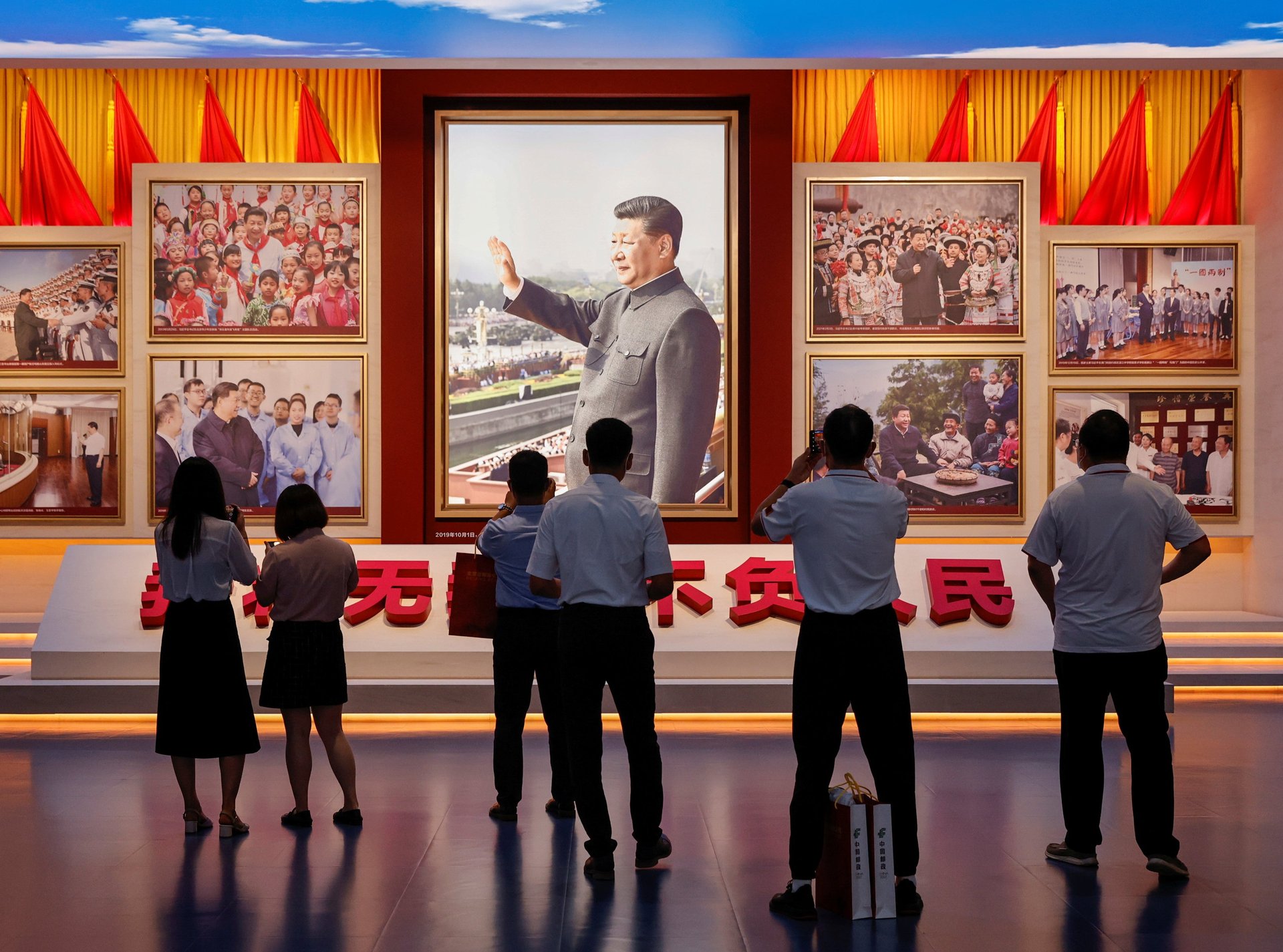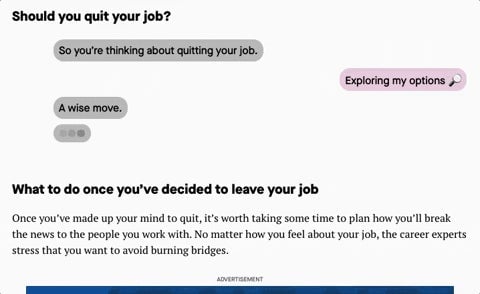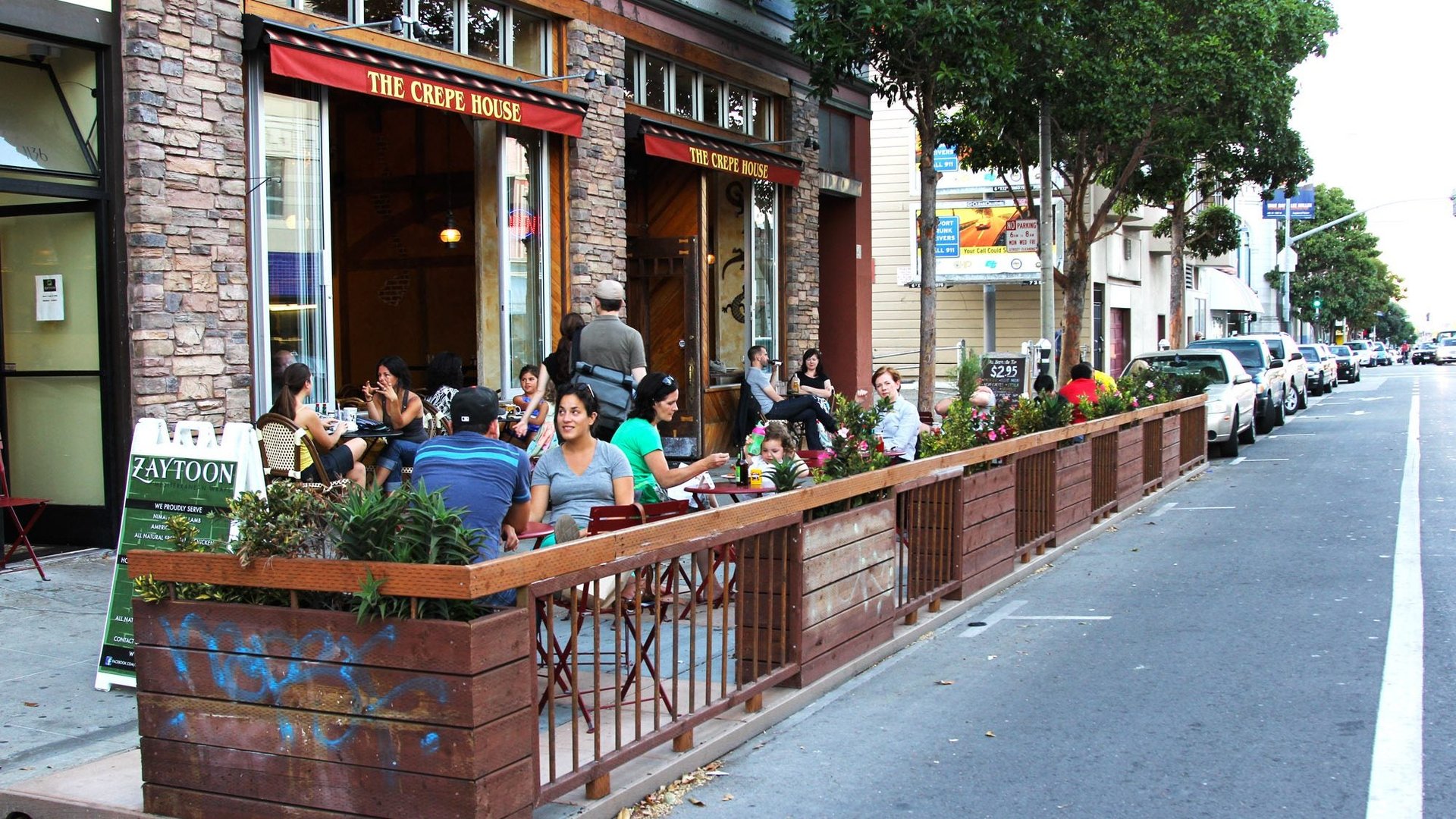Weekend edition—100 years of communist China, turnover fix, quitting your job
Good morning, Quartz readers!


Good morning, Quartz readers!
The Communist Party of China will celebrate its 100th anniversary on July 1, but it’s not actually clear the party was founded on July 1, 1921. Its first congress was actually held later that month in Shanghai, while magazine The Communist debuted a year earlier. Nevertheless, the commitment to this founding date fits with the CCP’s overall stance on history: It’s something to be carefully controlled, constructed, and reconstructed.
Consider museums in China that commemorate party history. In 2018, foreign journalists noted how portraits at an exhibit for China’s 40 years of economic reforms—the Deng Xiaoping era—downplayed Deng and elevated president Xi Jingping and his father instead. That same year, Xi overturned term limits, one of Deng’s key contributions to party reform, and declined to signal a successor.
China’s relationship with its history makes 2022, when the 20th Party Congress will be held, far more important than 2021’s celebratory pomp. The festivities mark how far the CCP has come since its embattled early decades—all the foes it vanquished to maintain stability. Many of those foes are at home, including human rights activists, lawyers, rivals in the party, and the democracy movement in Hong Kong.
But next year is about China’s future. Will Xi anoint a successor, acquiescing to norms established after Mao’s lengthy rule? Will the party recognize the limitations of its more aggressive stances at home and abroad? Will the next target of Beijing’s increasingly authoritarian policies become clear? Those questions won’t be answered in celebrations of the party’s first hundred years, but they are central to its longevity. —Tripti Lahiri
Five things from Quartz we especially liked
The oppression machine… It’s been a year since Hong Kong enacted its repressive national security law, a statute that targets free speech, press, and protest in the semi-autonomous city. Mary Hui breaks down the state of Hong Kong’s new national security apparatus, which represents a lunge toward the repressive ways of Beijing. —Scott Nover, emerging industries reporter
…that co-opted the rap scene. To celebrate the 100th anniversary of the party’s founding, 100 Chinese rappers hopped on a track called “100%” to praise the government with patriotic lyrics. As Jane Li explains, this type of lyrical lip service is the price the hip-hop industry has had to pay in exchange for the chance to break into the mainstream. —Nicolás Rivero, tech reporter
Wage battle. As a mid-level employee at two different event venues, Jessica Carney spent countless hours on hiring. The people she interviewed for low-wage roles rarely stayed for long—not that her bosses seemed to mind the turnover. “As long as I was (barely) able to find enough people for the place to function,” she writes, “they wouldn’t need to raise the wages a cent.” Carney provides a close-up view of the hiring treadmill and a prescription for fixing it: Pay better. —Heather Landy, executive editor
Stay on target. The world’s major central banks all aim for a similar rate of inflation: a steady 2% annual price increase. But why? It turns out an offhand remark by New Zealand’s finance minister in 1988 inspired a back-of-the-envelope calculation that soon informed monetary policy around the globe. Samanth Subramanian explains how this figure, plucked from the air, has become one of the cornerstones of modern macroeconomics. —Tim Fernholz, senior reporter
Bit(ty) coin, big power. Cryptocurrency mining has drawn concern over the massive amounts of energy it consumes, and the impact this has on climate. Researchers estimate that the global bitcoin network currently uses the same amount of electricity in a year as the entire nation of Finland. But what does that look like? Amanda Shendruk and Tim McDonnell help us visualize the numbers with boats, shipping containers, and a whole lot of batteries. —Camille Squires, cities reporter
One membership thing that made us 💬

Should you quit your job? US workers are leaving their jobs at the highest rate in decades, so we talked to four experts—then, naturally, built a chatbot—to help you decide whether it’s time for you to move on.
We’re obsessed with parklets

Take back the streets. When the pandemic turned being indoors into a health hazard, businesses spilled into the streets, making the spots their customers used for parking into places to hang out, grab a bite, and sip a cocktail. Now, many are wondering: Why not make parklets permanent? The Quartz Weekly Obsession encourages you to park it and get reading.
Get the Weekly Obsession email sent to your inbox, for free!
Five things from elsewhere that made us smarter
Shareholders turning up the heat. In the last few months, activist shareholder groups focused on climate change won victories at Exxon, Chevron, and Delta. The Exxon win, which placed two climate activists on the company’s board, was staged by a scrappy band of investors called Engine 1. As Rob Meyer reports for The Atlantic, Engine 1 is now launching an even bolder strategy: an exchange-traded fund anyone can invest in that will put climate pressure on America’s 500 largest public companies. —Tim McDonnell, climate reporter
Parkinson’s pen pals. “Now both of us are members of a club I’d rather not belong to,” wrote design historian Steve Heller upon learning that his longtime collaborator Véronique Vienne contracted the neurological disease he had been dealing with for years. Their email exchange, published in the New York Times, contains vivid accounts about the dawning of Parkinson’s symptoms and the consolation of the kind of deep friendship that will help us through anything. —Anne Quito, design reporter
Rocket envy. Why are three rich men sending their billions to space? This witty Vanity Fair piece by Nick Bilton gets at the heart of the race to space that’s currently gaining momentum between Jeff Bezos, Elon Musk, and Richard Branson, “a war of public relations to see who can get more attention for their rocket company, and in turn win bigger bids from private companies and NASA.” —Annabelle Timsit, geopolitics reporter
Banned together. The Catholic Church has stood by its ban on women priests, so I was surprised to learn from this fascinating New Yorker feature by Margaret Talbot that so many women have been subversively ordained that the church stopped writing personal letters to notify each one of their expulsion. I was most struck by one woman’s assertion that all kinds of jobs may be predetermined. If you’re born to be a priest, artist, or scientist, she argues, “you resist it at your own peril.” —Lila MacLellan, Quartz at Work reporter
The beautiful cut. In the UEFA Euro 2020, footballers’ coiffures are standing out as much as their footwork. Evolving ideas about men’s personal care, the growing size of sponsorship deals, and the charisma and flair of one HD—hair stylist to the soccer stars—are making for the best groomed generation of soccer players ever, write Rachel Lloyd and Josh Spencer for The Economist. —Ana Campoy, deputy finance and economics editor
Our best wishes for a relaxing but thought-filled weekend. Please send any news, comments, soccer-inspired styling tips, and helpful chatbots to [email protected]. Get the most out of Quartz by downloading our app and becoming a member. Today’s Weekend Brief was brought to you by Susan Howson.